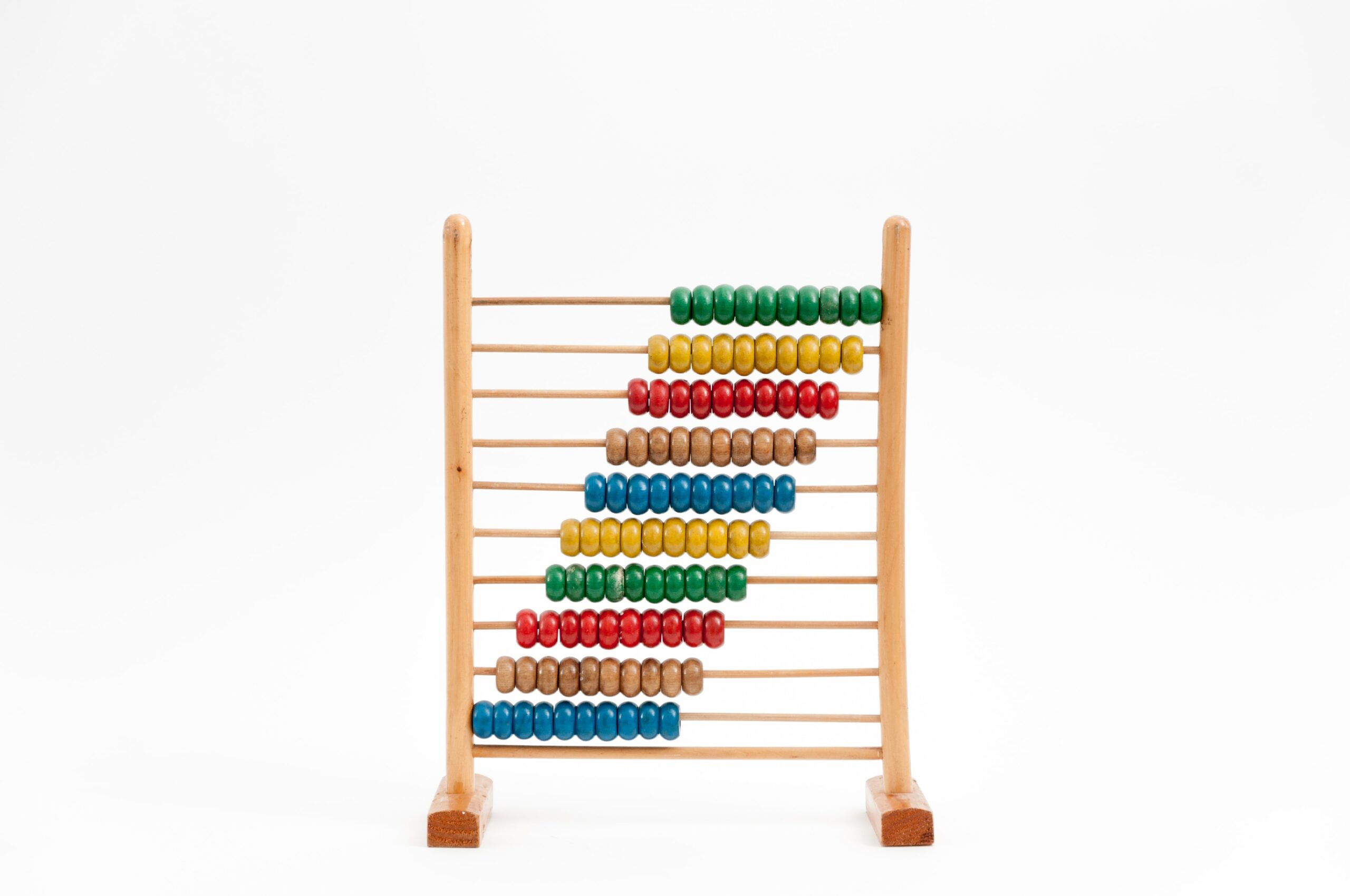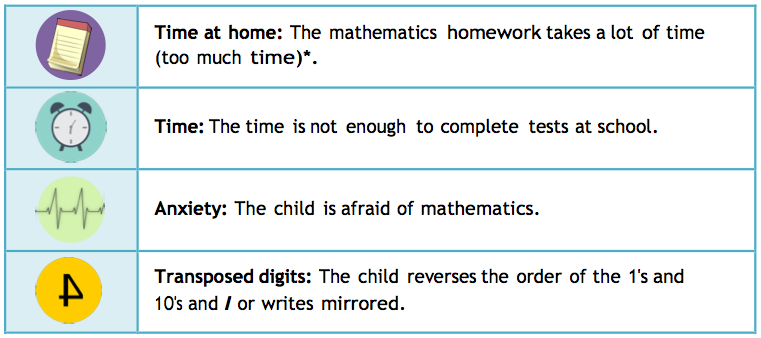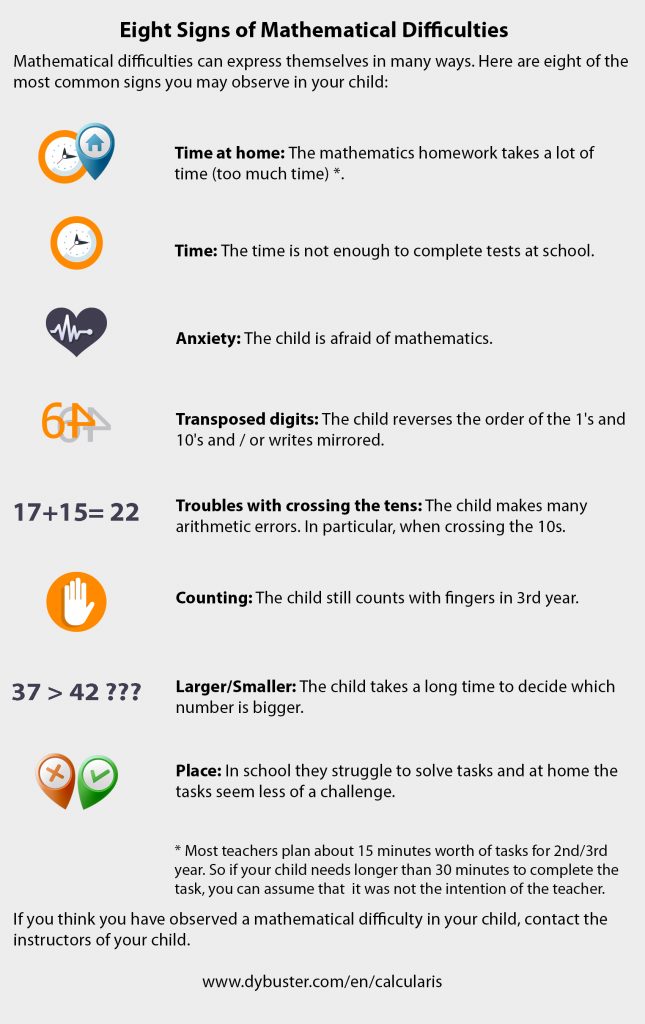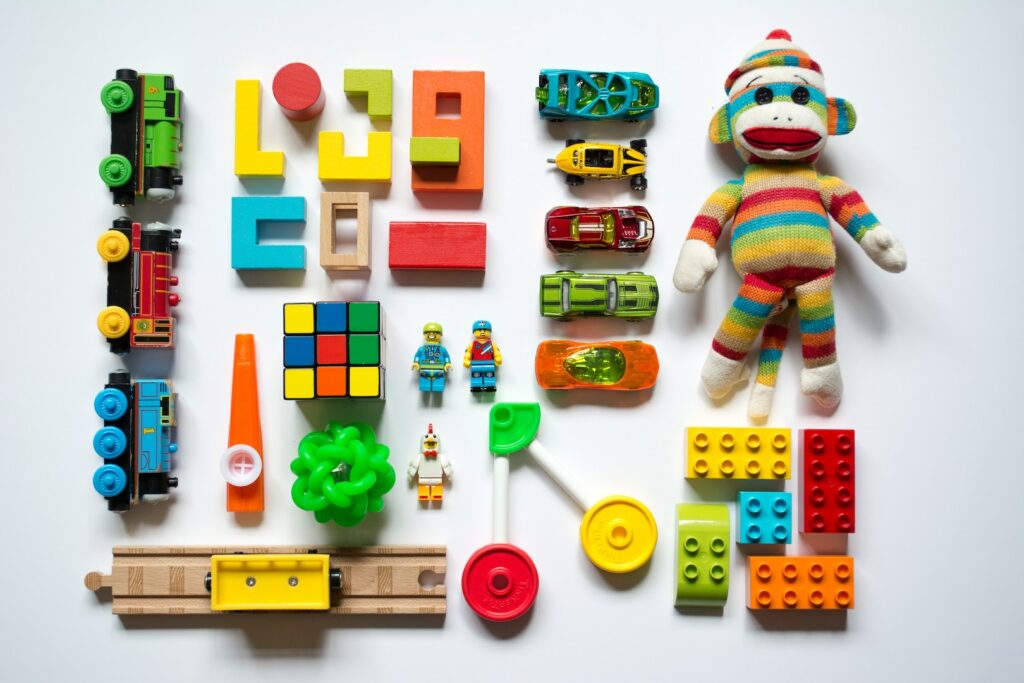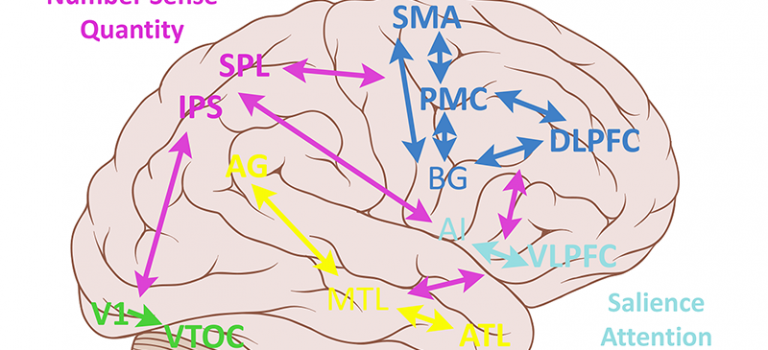
We have dipped into the blog archives to find our content on dyscalculia that has proved most useful to our readers. We’d like to share these articles here as the ones that, going by popularity and response in the comments, resonate the most with our audience. Thank you for reading!
1. Helping Adults with Maths Learning Difficulties
Our top post is a guest post from educator Sarah Jarvis and she covers a topic on which it can be difficult to find in-depth information: adult math learning difficulties. The post lists reasons why adults may be struggling with maths such as poor schooling, maths anxiety and visual stress difficulties, how dyscalculia could remain undiagnosed in many adults and what you can do to help yourself or someone with dyscalculia/maths difficulties.
2. Dyscalculics: The Famous, The Successful, The Inspiring
In at number two: The Famous, The Successful, The Inspiring. Well-known dyscalculics, leading us to think that there is a need for spotlighting dyscalculic role models. Singer Cher and actress Mary Tyler Moore make the list of famous people with dyscalculia.
There is plenty of information on famous dyslexics available but much less on dyscalculics. We try to share examples of success achieved by dyscalculics and update this page regularly. Read more.
3. What is it Like to Have Dyscalculia?
This post looks more deeply into the struggles dyscalculics face. A special focus is given to those difficulties caused when a child is dyscalculic but the condition goes unrecognised or misunderstood at home and school. This can lead to deep feelings of anxiety and a lack of confidence in a dyscalculic child. Hopefully, as dyscalculia becomes better understood, support and intervention will also increase. Read more.
4. Dyscalculia: The Secret Behind IKEA’s Product Names.
The founder of IKEA, Ingvar Kamprad, is known to have suffered from dyscalculia. The traditional numeral product codes used in most businesses seemed like an unending nightmare to him. To avoid the challenging typing of numbers in the computer system, he decided to name his products using names! This example shows that dyscalculia does not have to automatically be a hindrance and that the experience of having a learning difference can also shape innovative approaches to common situations and lead to extraordinary careers. Read more here.
5. Homeschooling and Dyscalculia
While some dyscalculics receive the support and intervention they need from their teachers and therapists, others struggle with their schools’ lack of resources or awareness. In the latter case, parents of dyscalculic children may consider homeschooling if this is a legal option where they live. This post covers it all read more.
